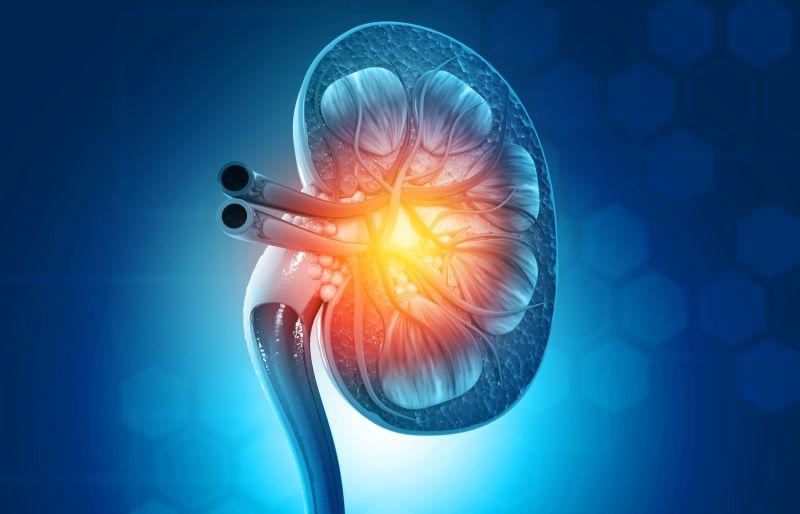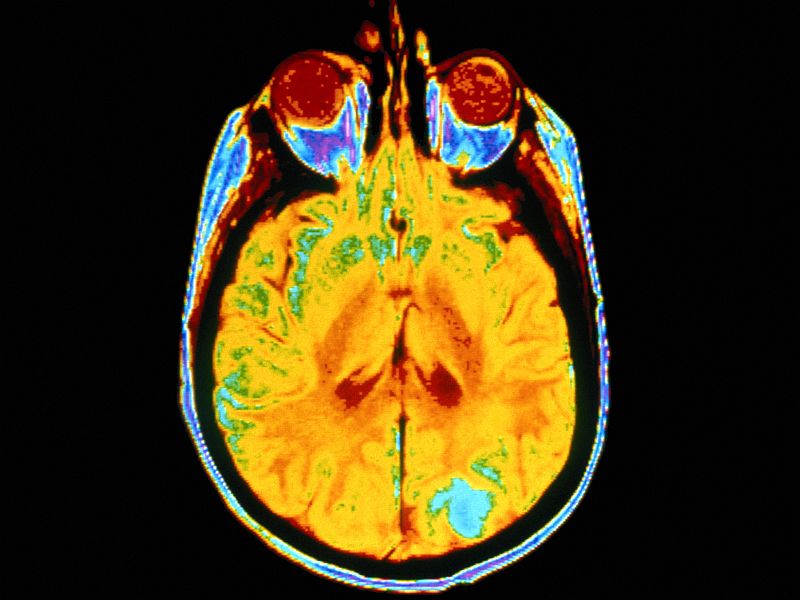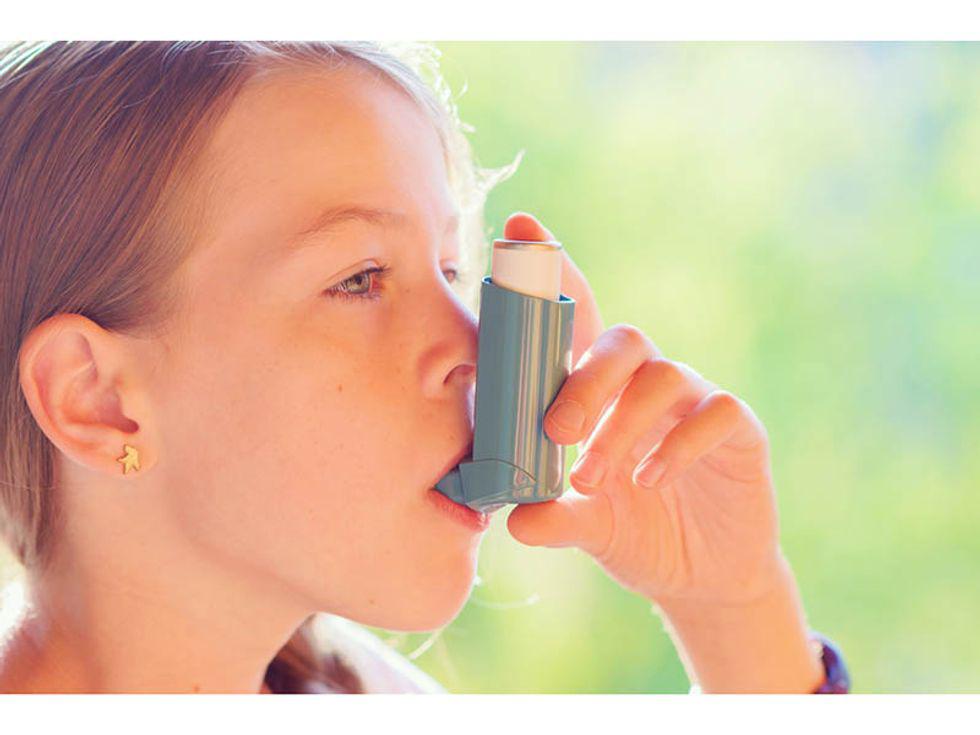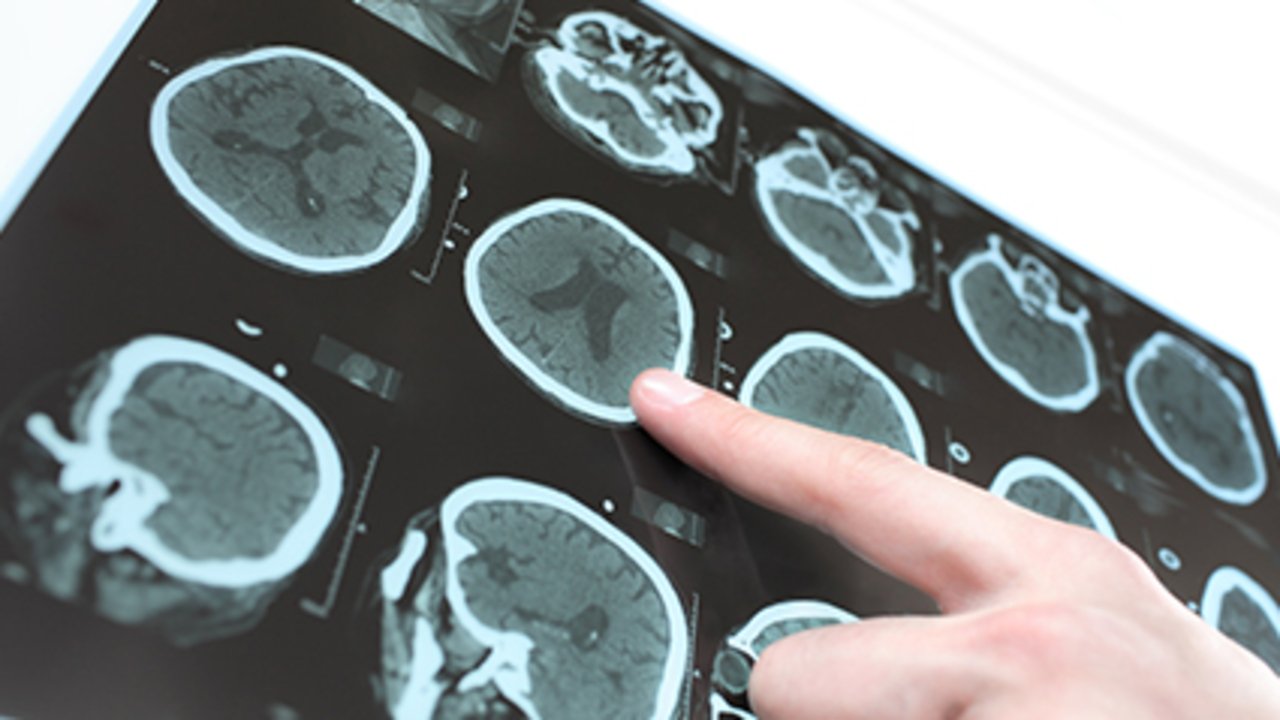
Combining mindfulness with exercise could be the key to managing stress during a potentially turbulent 2024, a new review argues. People who exercise and practice mindfulness meditation together tend to have less worry, stress, anxiety and depression than those who only engage in either activity, according to results from 35 studies involving more than 2,200… read on > read on >


















